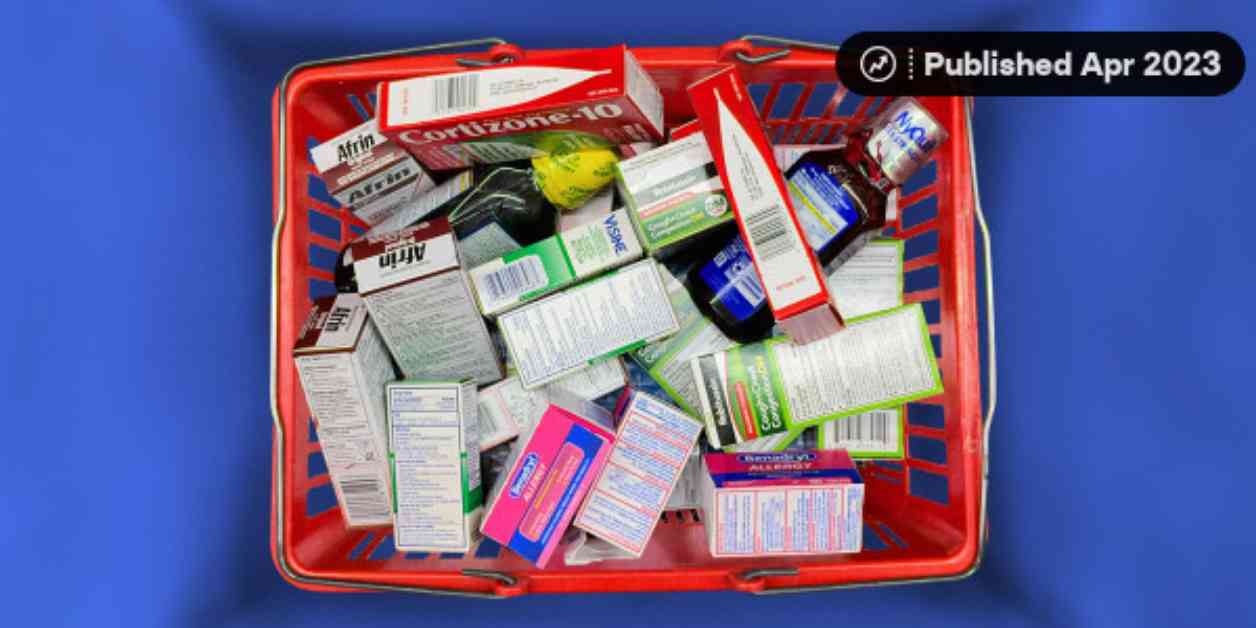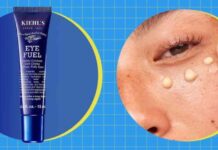10 Common Over-The-Counter Drugs That Can Lead to Addiction
George Resch, known as TankSinatra on social media, recently shared his struggle with addiction to an over-the-counter nasal spray called Afrin. He mentioned on the podcast Meme Daddies that he had been congested for a year. This raises an important question – how can over-the-counter medications, easily accessible in pharmacies and grocery stores, lead to addiction?
The Potential for Addiction
Over-the-counter (OTC) medications are designed to help with a variety of conditions like allergies, cough, diarrhea, constipation, skin issues, and pain. When used correctly and for short periods as directed, they are generally safe. However, stepping outside the recommended usage guidelines can lead to unexpected consequences.
Misuse, Dependency, and Addiction
Misusing OTC drugs can lead to a physical dependency, where the body relies on the substance for normal functioning. This is different from addiction, which involves compulsive behavior despite negative consequences. Addiction typically occurs with substances like fentanyl, oxycodone, or illicit drugs such as cocaine or heroin. Dr. Kelly Johnson-Arbor, a medical toxicologist, explains that addiction often leads to a need for higher doses to achieve the same effects.
Understanding the Risks
Before starting any OTC medication, it’s crucial to be aware of the potential risks and side effects. For example, nasal sprays containing oxymetazoline like Afrin can lead to a condition known as rhinitis medicamentosa if used for more than three days. Similar risks exist with headache medications, eye drops with tetrahydrozoline, skin creams containing hydrocortisone, and even lip balms.
Many laxatives, nasal inhalers, cough drugs with dextromethorphan, antidiarrheal drugs with loperamide, antihistamines with diphenhydramine, and decongestants with pseudoephedrine can also have harmful effects if misused or overused. It’s essential to follow the recommended guidelines and seek medical advice if you experience any unexpected symptoms.
Remember, your health is precious, and it’s crucial to treat your body with care. If you have any concerns about your medication use, don’t hesitate to reach out to a healthcare professional for guidance. Your well-being is worth more than a quick fix from an over-the-counter drug.


















